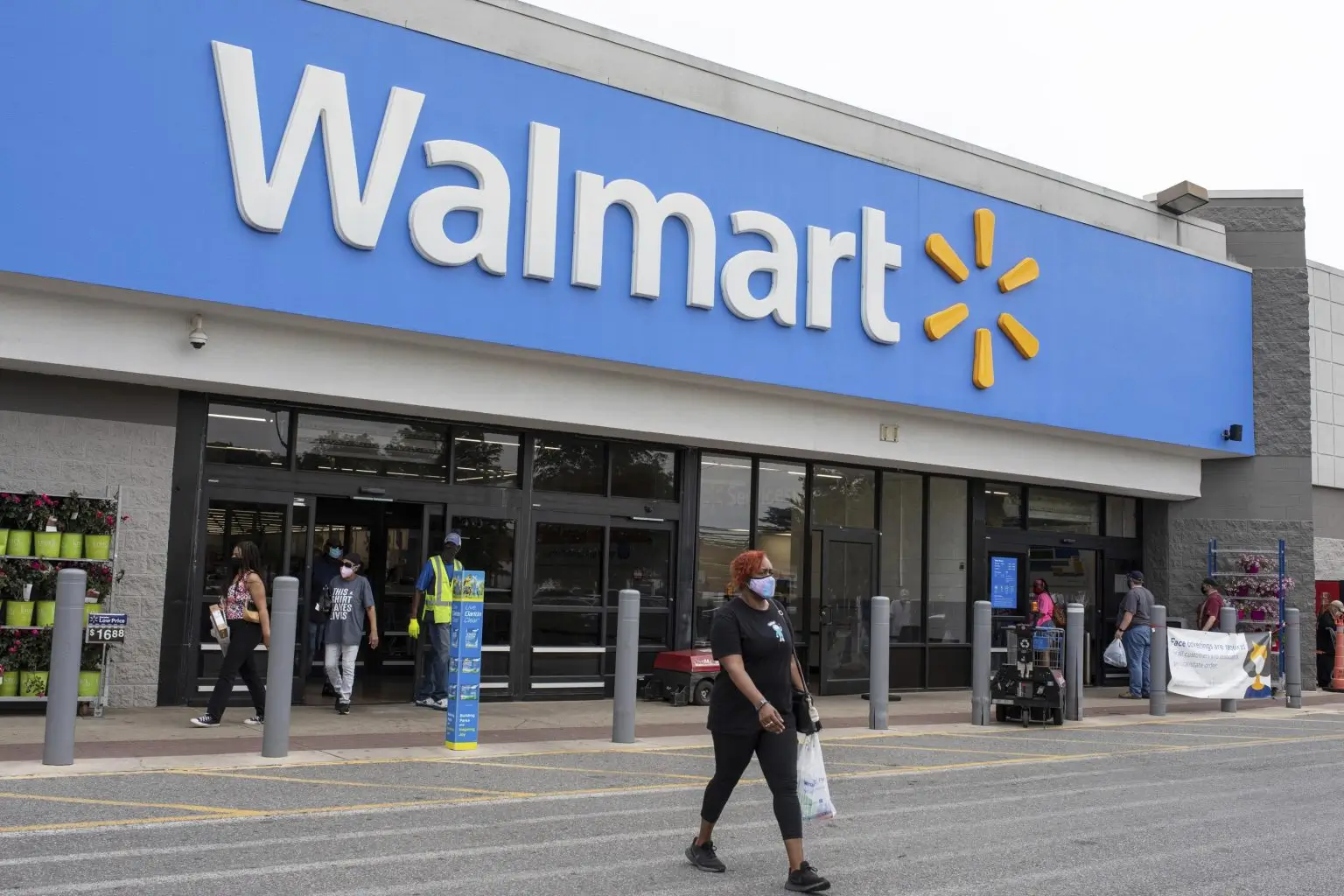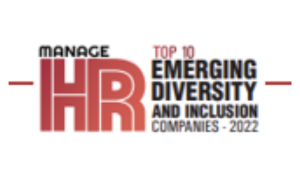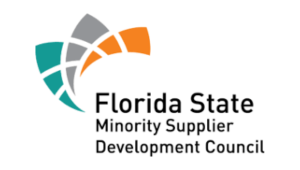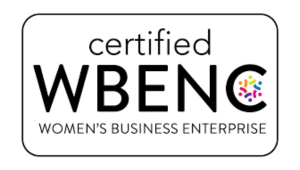The media blast last week regarding retail giant Walmart was an ownership group led by Walmart heir Rob Walton reached an agreement to purchase the Denver Broncos for $4.65 billion, which would shatter the record sale price for an NFL franchise.
But that isn’t the recent events involving Walmart that I am excited about – I’m referring to Walmart’s Center for Racial Equity and the company’s success in building an inclusive Walmart workplace culture and accelerating racial equity everywhere.
Walmart’s Journey To Accelerate Racial Equity
As a child in the Cleveland, OH area, my parents shopped regularly at Walmart, and I joined them during shopping trips. As an adult, Walmart is my regular resource for household products of all sorts and have always provided great value and service. That’s why I was excited in the summer of 2020, when as a longtime Walmart shopper and a Black woman I learned of Walmart CEO Doug McMillon making a commitment to use Walmart’s scale and resources to address the drivers of systemic racism in society and accelerate change in the national social systems. McMillon stated though he has long been a champion of diversity, that the murder of George Floyd had impacted and changed him, as it has done for so many others.
More Than a Speech…a Real Commitment to Racial Equity
At the time, dozens of CEOs made speeches and issued statements. But McMillon did not just speak at a press conference, he put deliberate action behind his words – committing to the racial equity and social justice movement to the point that Walmart was willing to create dedicated teams and invest the time and money behind a strategy to ensure it was successful. The CEO made a commitment to a long-term racial equity journey of learning how Walmart’s business capabilities – along with the $100 million committed through Walmart and the Walmart Foundation for the Center for Racial Equity – could drive long-lasting social change for the retailer’s Black and African American employees, neighbors, customers and communities.
Since the summer of 2020, Walmart has made huge strides, covering miles and miles on their Racial Equity journey, including:
- Created a strategic framework for the Center for Racial Equity and involved leaders and associates across the business in the new racial equity business strategy
- Started Shared Value Networks: groups of associates dedicated to finding ways to drive systemic change in the areas of finance, health, education and criminal justice racial equity
- Established partnerships with communities and NGOs in collaborative efforts to help the company identify and achieve the solutions that address the real problems of racism, not the perceived ones
Inclusive Leaders Group encourages the employers we work with to develop DEI and Racial Equity as dual business strategies rather than HR programs. Our racial equity cultural transformational strategy development advisory helps clients restructure their organization to have an immediate, long-lasting, and effective racial equity and social justice impact.
Moving Beyond Diversity and Inclusion (D&I) To Racial Equity as Dual Business Strategies
The following are the five Center for Race Equity workstreams and their objectives:
- Financial System: Focusing on internal financial and business practices to identify the overlaps in areas like minority supplier and marketplace seller development to identify initiatives that will help create greater opportunities for minority-owned businesses and also look for opportunities to influence how access to capital works beyond Walmart.
- Healthcare: Explore ways to provide greater accessibility to better health and wellness through Walmart’s existing businesses like pharmacy, digital capabilities, and Walmart Health Clinics.
- Education: Work to strengthen the retailer’s academic support efforts such as Live Better U and creating broader and deeper ties through recruiting programs with Historically Black Colleges and Universities.
- Criminal Justice: Review and evolve inclusive talent management practices including reviewing and evolving criminal justice equity with hiring process to ensure non-violent, formerly incarcerated applicants are appropriately considered as they enter the workforce and focus on successfully onboarding those associates.
- Inclusive Workplace Culture: In addition to the work related to the four national systems, the employer is accelerating its efforts to build a more inclusive company, globally.
Inclusive Leaders Group Real-World Organizational and People Development Makes a Difference
- My consulting team and I provide evidence-based, practical, and transformative DEI and racial equity strategy development.
- Our racial equity training and development courses – Building a Racial Equity Culture take employees beyond DEI to create inclusive and anti-racist leadership capability including thought leadership from co-authors James D. White and Krista White.
- C-level leaders, boards, and senior executives value our racial equity executive coaching approach that includes the use of real-world best practices, including role plays and group activities around experiential learning content, including Walmart’s first-ever Center for Racial Equity Milestone Meeting to demonstrate – the need for CEO commitment, workplace conversations about race and racism, inclusive leadership, and racial equity as a business strategy.
 Let’s have a discovery discussion so I may learn about your DEI and Racial Equity challenges and interests and share with you how Inclusive Leaders Group is supporting organizations of all sizes and industries build a racial equity business strategy and culture. Contact me on Calendly, LinkedIn, or this Contact Form.
Let’s have a discovery discussion so I may learn about your DEI and Racial Equity challenges and interests and share with you how Inclusive Leaders Group is supporting organizations of all sizes and industries build a racial equity business strategy and culture. Contact me on Calendly, LinkedIn, or this Contact Form.









